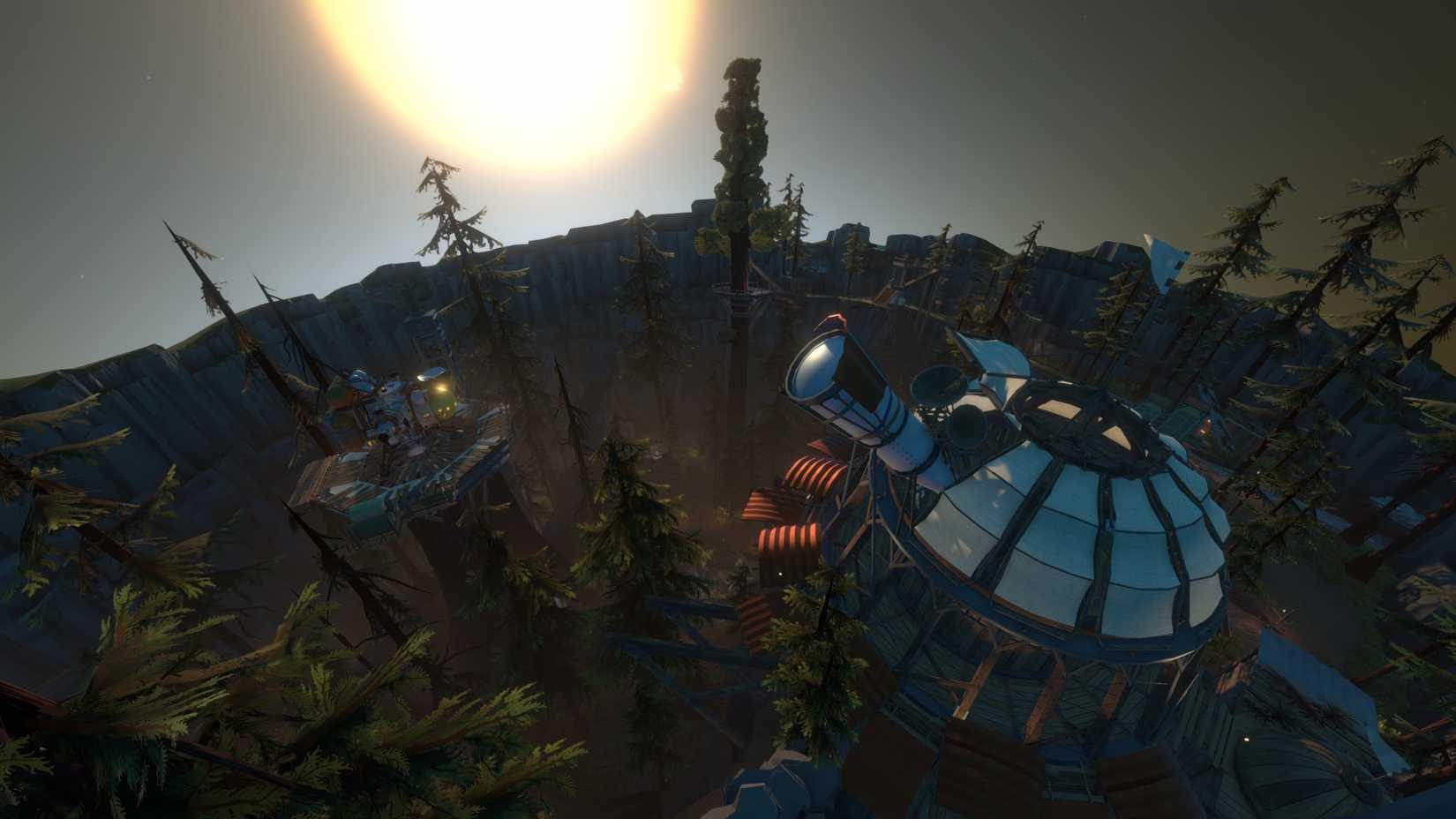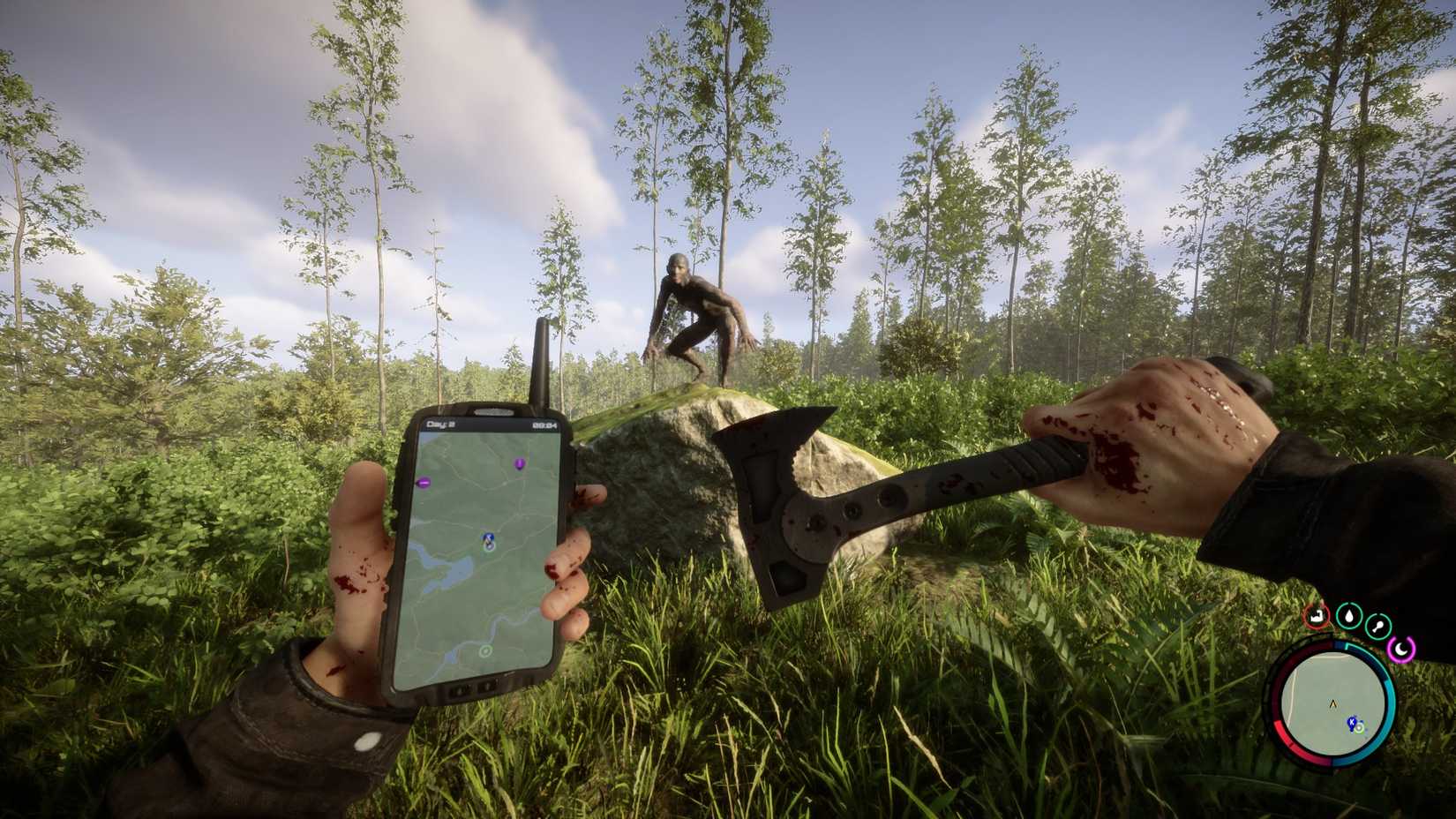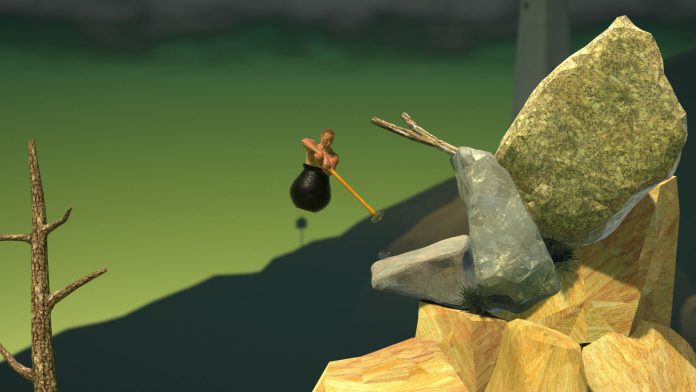This article is part of Run, Die, Repeat, Polygon’s week-long series exploring roguelikes.
The definition of “roguelike” is one of those topics of conversation that will keep die-hard fans debating for hours. In its most common definition, this is a subgenre named after the 1980 game Rogue, where players are thrust into a procedurally randomized setting (usually a dungeon) and pick up upgrades for abilities, weapons, and have to proceed to the deepest levels. If they have the unfortunate luck to die, they have to start all over again as a new character – no take-backs.
For me, the definition is a bit more open. It’s simple: does this game make me want to throw myself off a cliff every time I mess up and have to start from the beginning? If the answer is yes, then that’s a roguelike. I know that sounds completely preposterous, and it is, but I also think sticking to rigid definitions all the time gets boring. Let’s do something daring. Let’s break some rules.
Let’s face it. If we push the boundaries a little bit to the left, there are plenty of games that deserve the nefarious title of roguelike.
One such game that comes to mind is Getting Over It With Bennett Foddy. You may not have heard of this game unless, like me, you decided to play it after seeing your favorite YouTuber scream and cry out in pain after losing hours of progress. The concept is pretty simple: You’re a guy in a pot and, equipped with nothing but a hammer, you must drag yourself up a gigantic mountain. Easy, right?
Wrong! This evil game is a personal favorite of mine and by favorite I mean it reduced me to tears while my friends laughed around me as I struggled to get past the first section even after two hours in. Much like your average roguelike, this game does not forgive failure. Even as you drag your way up and over various obstacles, one wrong swipe of the mouse can lead you to pushing off anything (even, and no I’m not kidding, an orange) and falling back down the mountain to start at the beginning all over again.
Now, the game does automatically save when you exit out of it, which seems very anti-roguelike. But it is so darn difficult that even if you do save, there’s a good chance you’ll make a mistake and fall down, pot over head, anyway. I’ve seen people try to cheat by exiting as they’re falling, which only leads to more frustration when they have to try to prevent themselves from falling further while in mid-air. It’s like a safety net with one big hole in the middle.
And if you’re still not convinced that this game deserves to be part of the roguelike subgenre, then look at the reason why the game was developed in the first place. As Bennett Foddy himself puts it: “I created this game for a certain kind of person. To hurt them.” Sounds plenty roguelike to me.
Another that sticks out to me is Mobius Digital and Annapurna Interactive’s Outer Wilds. Here, you play as a space adventurer who has the unfortunate job of being the first to explore a planetary system. Unfortunate because, as you learn 22 minutes in exactly, the planet gets blown up due to the sun abruptly going supernova. One minute you’re just doing your thing, the next you see a giant blue light invading your personal space and have zero time to outrun it. BAM! Lights out.

But don’t worry, you soon discover that you’re stuck in a time-loop and your mission is to uncover what exactly is causing the sun to roast you and everything around you. Much like Getting Over It With Bennett Foddy, there is a way to save the game, but it’s mostly autosaves, and you can’t manually save yourself. I personally quite liked this about Outer Wilds, as it really conveys that you’re running on borrowed time and you need to hurry up – otherwise you’ll face the consequences and become space dust.
It also makes me think about time loops in general, how they are conveyed in video games and how there is no real progression which you can take with you. Granted, you remain the same person as before, but you don’t get to keep any of your items, only your knowledge. And it’s only with this knowledge that you’re able to make any progress in the first place. Feels very Rogue, doesn’t it?
Alright, if those two games don’t convince you that we should push the definition out a bit, then this one might: The Forest or its sequel, Sons of the Forest. Both, or either. Because, using my own loose definition of that subgenre, nothing quite screams roguelike than being murdered in your sleep by some guy who wants to use your face as a side-dish.
In Endnight Games’ survival horror simulator, you find yourself on a remote island that is, in fact, not so remote after all due to it being infested with mutated, cannibalistic creatures. Regardless of whether you play alone or with friends, your job is simply to endure and survive. How you survive can mean a plethora of things: crafting a truly eye-watering amount of weaponry from sticks, stones, and whatever else you pick up while exploring. Or doing all of that, and building a shelter as well, just because you’ll need somewhere to go after a long day of avoiding people tearing a chunk out of you.
I used to play The Forest religiously with friends, and let me tell you, the first few days are incomprehensibly terrifying. Even when you’re together with someone, the sounds of movement and snarls in the background are enough to make anyone stop and reconsider playing. Then there’s the survival element, which really hones in on the fact that you only have one life as this character, and so you should try to make it count.

Because if you do die? You lose absolutely everything and must start again as someone new. It is possible to save by sleeping in your shelter, but again, it’s a very loose bit of a safety net because if you die, reloading won’t matter because the game autosaves on death.
Even worse is that The Forest doesn’t automatically get easier just because you’ve started again, particularly if you’re playing with a friend. Sure, they can pick up some of your items, but they’ve only got so much room themselves and, depending on where and when you die, getting those items back can be far more trouble than it’s worth. It’s a bit like someone reviving you right in the middle of a firefight in Helldivers 2, only for you, a new and shiny recruit, to get blown up again immediately afterwards.
Oh! Is Helldivers 2 a roguelike?
I know that for some, roguelikes will always have one solid definition and I respect that. But as far as I’m concerned, these aforementioned games (and plenty others out there) have more than earned the moniker too, simply by keeping us, the player, on our toes and dreading each and every time we have to start again.
